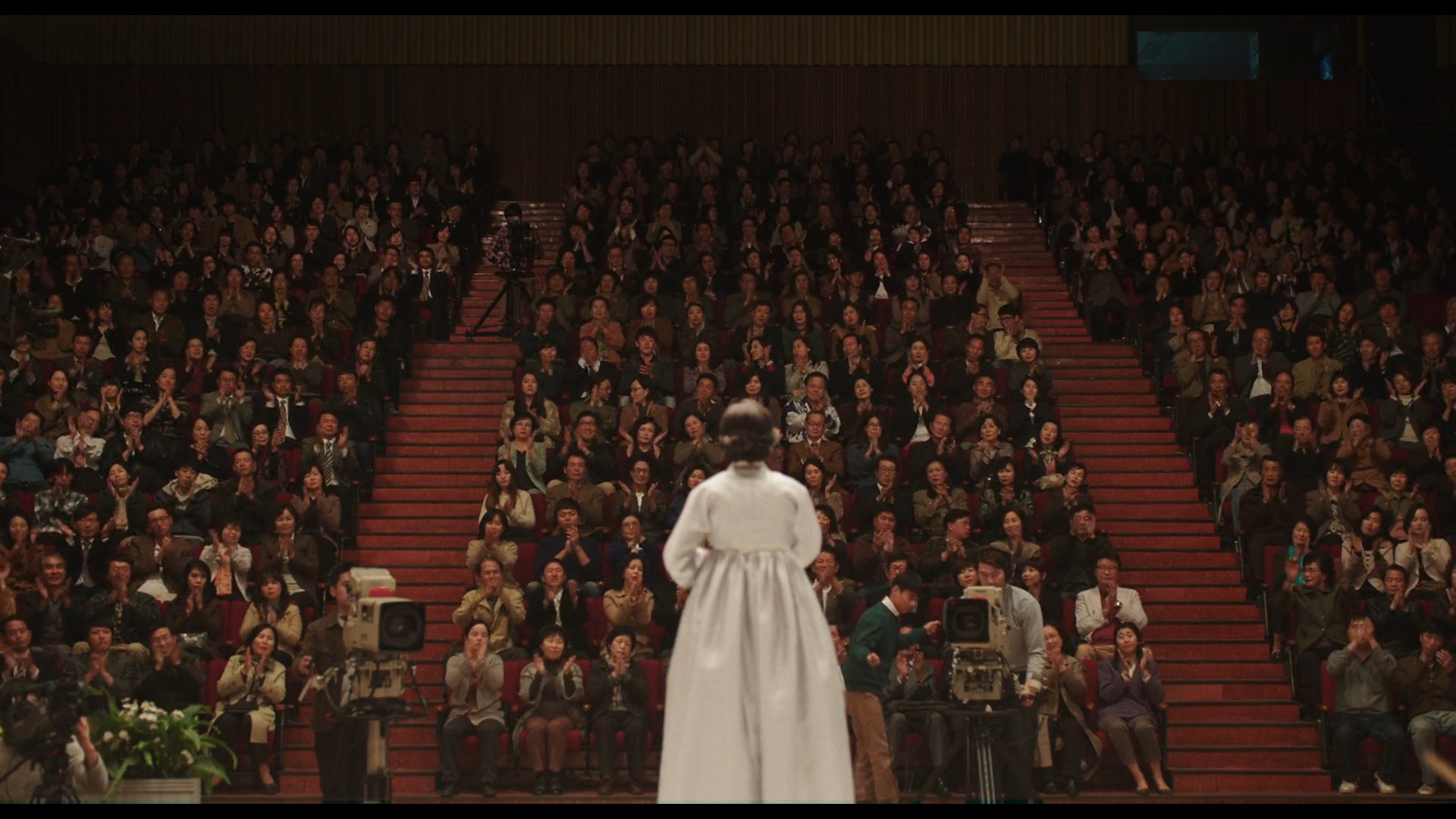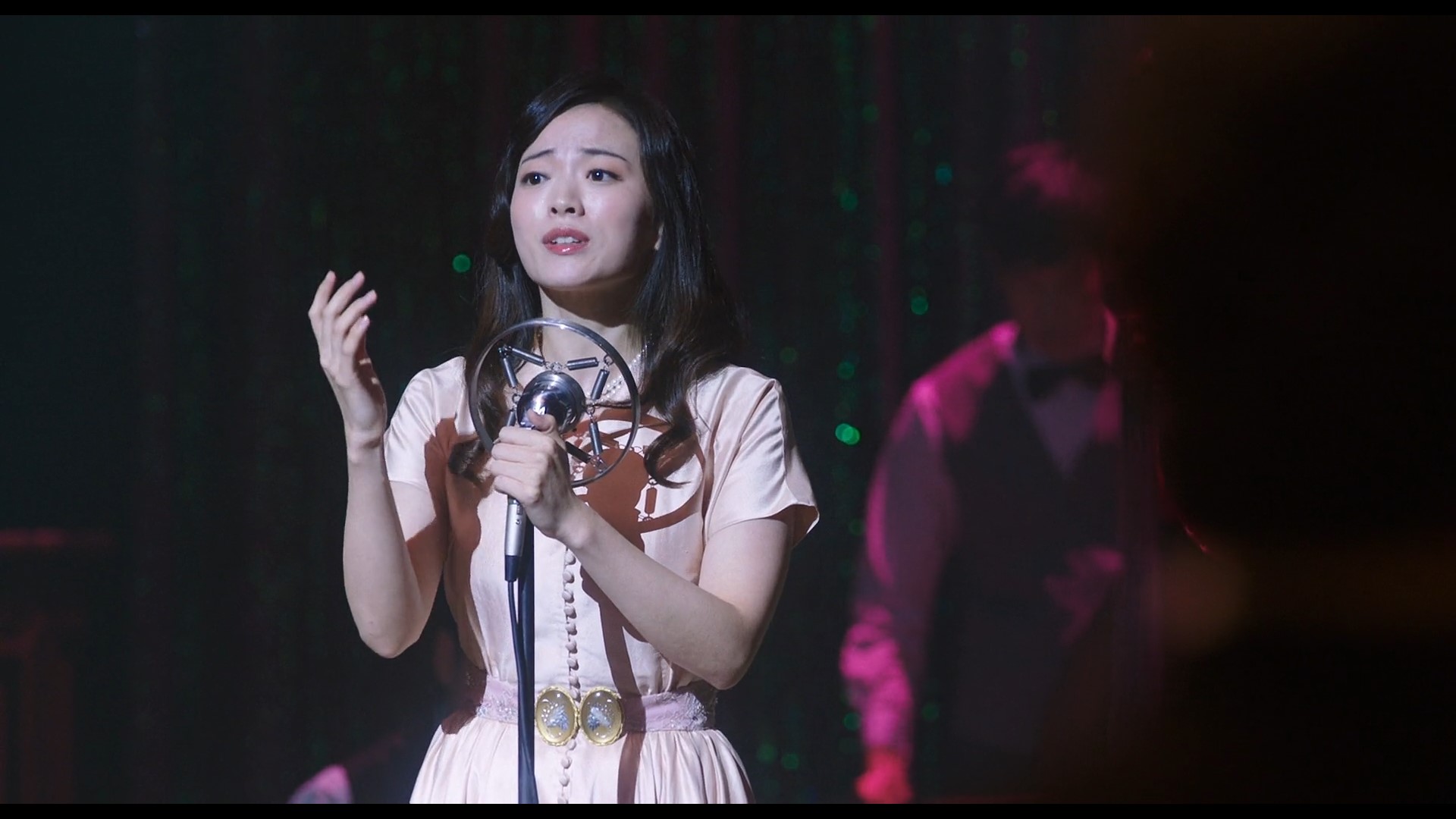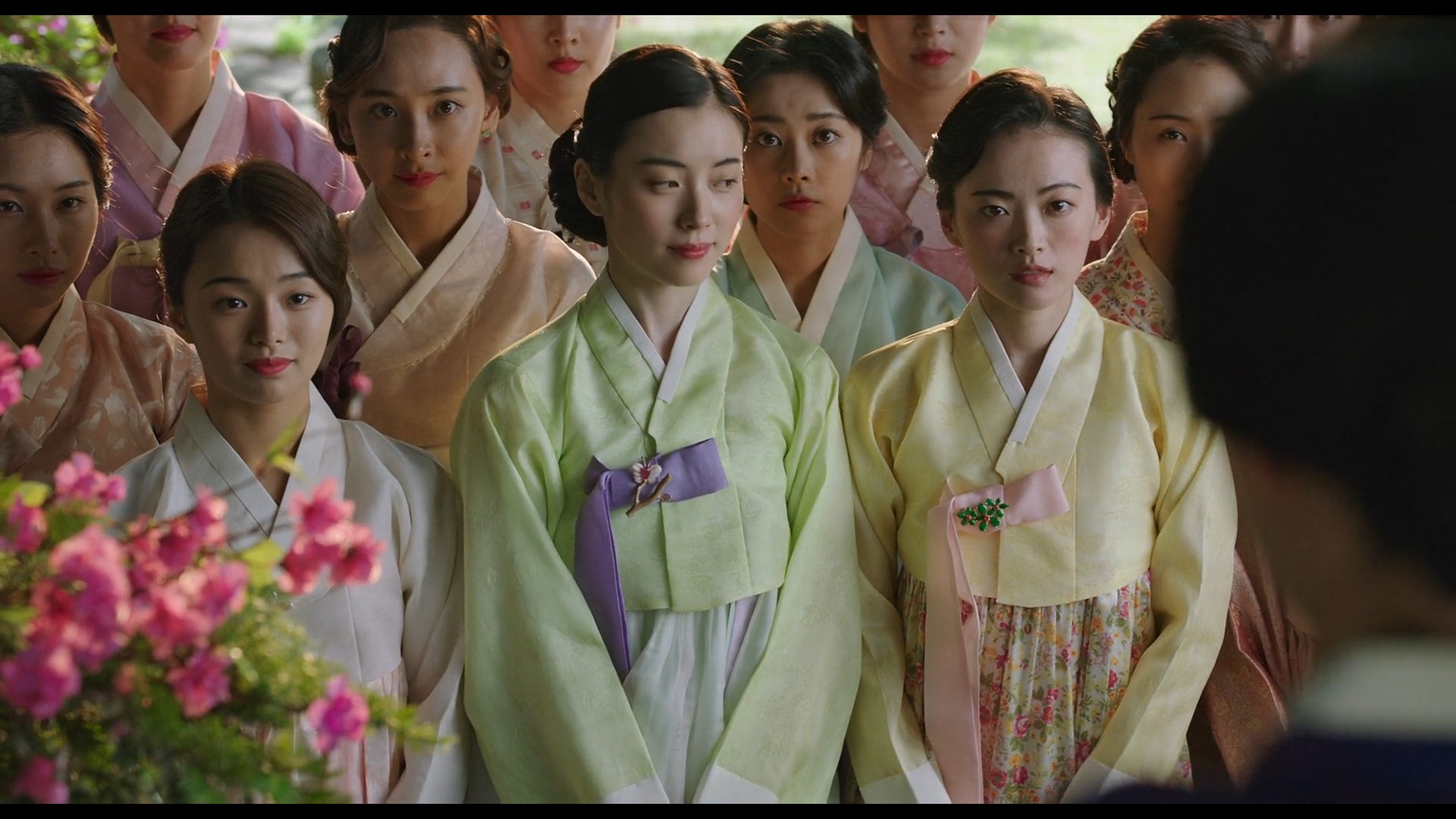This article expresses my disappointment and disappointment with the Korean movie ‘LOVE, LIES’, which is about the downfall of prostitutes in Joseon during the Japanese occupation, who are unable to fulfill their dreams and are only interested in men’s love.
The movie I watched this time was one of the few screenings that I chose simply because it featured my favorite actor. I knew it was a story about a woman who wanted to sing in Korea during the Japanese occupation and a man who taught her to sing, but it wasn’t a melodrama or a patriotic movie. It may have been my fault for assuming and expecting the story, but I was disappointed that the movie didn’t utilize their characteristics and energy in terms of content, as the ‘parasites who tried to sing their own songs’ are the main characters of the story.
In Joseon, Korea, during the Japanese occupation, there were two best friends and outstanding parasites, Jung So-yul and Seo Yeon-hee, in the parasitic school Daejeon Kwonbun. They admired their teacher, Mr. Lee Nan-young, a fashionable singer who sang only traditional chunga, and with the help of Kim Yoon-woo, the best composer in Joseon at the time, who had pledged his love to So-yul, they were invited to Lee Nan-young’s house. However, Yeon-hee’s talent caught the attention of Yi Nan-young, and Yun-woo was so enamored with her voice that he encouraged her to leave Kwon-bun and become a singer. Instead of giving her his song “The Heart of Joseon,” Yoon-woo ends up collaborating with Yeon-hee on music, and he falls in love with her. When So-yul learns of this, she is shocked and becomes the concubine of the Japanese police commissioner to take revenge on Yeon-hee and try to win back Yoon-woo’s heart, but he has no intention of returning. After being banned from publishing his recordings due to the outrageous censorship of the Governor General, Yoon-woo causes a disturbance in a bar and is imprisoned, while Yeon-hee meets an untimely death, and when Yoon-woo is released, he commits suicide, leaving a letter to So-yul and the song “Love, Lie” as his last words. Years later, in 1999, when a record of “Heart of Joseon” is unearthed from the ground, So-yul visits the station and lies that she is Seo Yeon-hee and sings Yeon-hee’s song “Heart of Joseon.

At the beginning of the movie, when the cadets are about to become gisaengs at Kwonbun, a school that trains gisaengs, the director of Kwonbun’s office insists that gisaengs must satisfy their bodies in order to win men’s hearts, while the teacher Sanwol explains that gisaengs are haeerhwa, “flowers that understand words,” and teaches them that they are qualified women who can enjoy the arts and not just be used as tools to sing to men in the patriarchal society of the time. The scene is staged by alternating between the clerk and the teacher, Sanyeol, who recites contrasting lines, seemingly intended to prove the clerk wrong. Also, when So-ryul, who is a parasite, rejects the sexual demands of a Japanese executive, it made me wonder how such a scene was possible in that time and situation, but it also made me think that it was fortunate and wonderful. However, the development of the drama is different from that, and it is not about So-ryul and Yeon-hee, who had excellent singing skills from a young age, being able to find the sound of Korea or their own sound and sing to their hearts’ content together or alone, without being influenced by power or masculinity, but about both of them struggling for the love of one man, Yoon-woo, and their downfall.

I felt frustrated while watching the movie. The fact that So-yul and Yeon-hee were able to meet the fashionable singer Lee Nan-young, whom they admired, the fact that Yeon-hee was given the opportunity to break out of the ranks and become a famous singer by singing the hit song “The Heart of Joseon,” and even So-yul’s song “Love, Lies,” which was only recognized by people decades after the liberation of Gangjeom, were all the result of Yoon-woo’s help (work) and none of them achieved anything on their own. In addition, the two Hae-hwa who needed to stand alone (So-yul and Yeon-hee) ended up being unable to escape from the aforementioned power and masculinity. Even So-yul’s way of getting revenge on Yeon-hee, whose love was stolen from her, was to give herself up to the Japanese police commissioner, who had already refused to give her body to him once before, and become his concubine and use his power, while Yeon-hee, whose love was stolen from her, was helplessly waiting for him when Yoon-woo was imprisoned, unable to perform on stage anywhere, despite her great singing skills. At this point, one might wonder if the director was trying to show a picture of a person who is broken and falling down because of love, but what is also ambiguous about that idea is that the person who implicitly tried to get So-yul to offer her body to the chief of police was her mother, San-wol, a teacher who talked about the virtues of Hae-hwa, thus destroying the image of a character who is not a party to love. The lack of overcoming pain and solving problems in a story aimed at the masses that is not just a recounting of daily life is bound to cause frustration for viewers. If that was the case, the story should have focused on other parts of the story, and as a result, the movie should have given a ‘meaning of appreciation’ to Haehaehwa, and for me, I hoped that it would be something like ‘the dream of fulfilling the status of women at that time’.

Of course, the hanboks worn by the actors were beautiful, and the songs that often accompanied them were soothing and mysterious. As we are supposed to evaluate this aspect, a good movie doesn’t only have to have a solid story and a clear message. As a movie that combines many elements at once, it requires careful attention to the content and genre throughout the runtime, with no mistakes in the cinematography, direction, costumes, acting, sets, and more. However, even the slightest mistake is found and criticized, which means that many people watch movies, and the ripple effect on society is high. However, ‘Haehaehwa’ was neither a comedy/entertainment movie, nor an action movie with visuals and CG, nor a movie that addressed social issues or told touching anecdotes. Then, although it is true that it should reflect the era of Namjohn Yeobi, as the meaning of the title ‘Haehaehwa’ was emphasized and explained in the movie through the initial production, I think that if it had shown the elegant figure of the parasite and the figure of Haehaehwa who enjoys art on their own and sings the songs they wanted to sing without being swayed by the trend of the times, it could have given a meaning of its own, not just a movie that is just a stuffy love story, but a movie that throws some light on the low passport issue in Korea to this day.